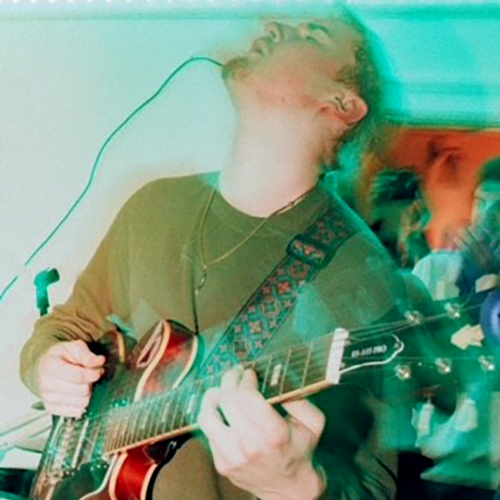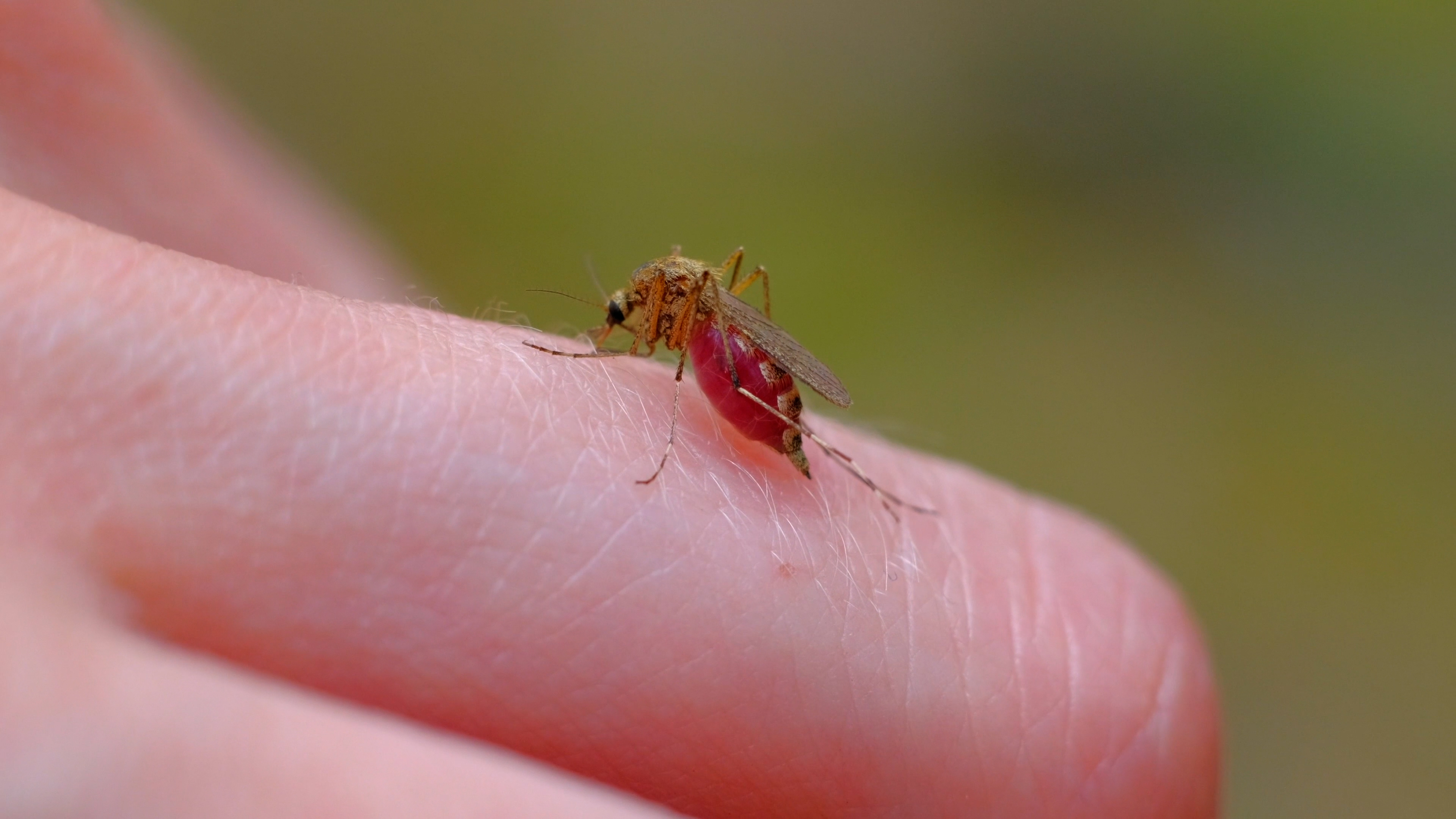-
Seattle Public Schools’ longest-serving teacher retires from Orca K-8
After more than 50 years in the classroom, Seattle Public Schools’ longest-serving teacher is retiring from the post she’s held teaching kindergartners at Orca K-8 for almost a half-century. Marletta Iwasyk, 84, started teaching in Seattle at age 28 after she graduated from the University of Washington with a degree in Norwegian.
06/14/2024 | The Seattle Times -
'This is just who I am': One woman's experience reconciling her faith, Blackness and sexuality
Black people in the LGBTQ+ community are more likely to have been raised in church. They're also less likely to leave Christianity after coming out. Jelani Ince, assistant professor of sociology at the UW, is quoted.06/13/2024 | KING 5 -
Q&A: Finding varieties of corn that are adapted to future climates
Dr. Abigail Swann, a UW professor of atmospheric sciences and of biology, led a project that combined climate projections with plant models to determine what combination of traits might be best adapted to future climates. The study used projections of weather and climate across the U.S. in 2050 and 2100 with a model that simulates corn’s growth to find the mix of traits that will produce the highest, most reliable yield under future conditions across the country.
06/13/2024 | UW News -
'Vietnam is more than just a war': How Kieu Chinh helped evolve the Hollywood war machine propaganda
From "Hamburger Hill" to "The Sympathizer," veteran actor Kieu Chinh discusses how her career shaped Vietnam War memories. Linh Thủy Nguyễn, assistant professor of American ethnic studies at the UW, is quoted.06/10/2024 | Salon -
Babies hear far more speech at home than music
A recent study from the UW has revealed some unexpected findings that might make you rethink your baby’s playlist — or lack thereof. Christina Zhao, research assistant professor of speech and hearing sciences at the UW, is quoted.06/06/2024 | Earth.com -
Why do we send so many fish to space?
Zebrafish embryos aboard the Chinese Tiangong Space Station are the latest ‘aqua astronauts.’ Aaron van Loon, postdoctoral scholar of biology at the UW, is quoted.06/05/2024 | Popular Science -

Celebrating Contemporary Indigenous Music
Markus Teuton, a musician and citizen of Cherokee Nation, explores contemporary Indigenous music through his academic work and as host of “Indigenous Jazz,” a radio show.
June 2024 Perspectives -

Video: Before they bite â UW researcher hones in on which scents, colors make us a tempting target for hungry mosquitoes
Jeffrey Riffell, a University of Washington professor of biology, wants to understand how female mosquitoes find find a host to bite for a bloody meal. His research has shown that hungry mosquitoes find us by following a trail of scent cues, including chemicals exuded by our skin and sweat, as well as the carbon dioxide gas we exhale with each breath. Mosquitoes also like colors, at least certain ones. His team is closing in on how the sense of smell and vision work together to help a mosquito zero in for the final strike and get her blood meal.06/03/2024 | UW News -
Q&A: Microinclusions improve women’s workplace belonging and commitment
New research from the University of Washington published in the Journal of Personality and Social Psychology, shows how “microinclusions” — brief instances of positive treatment, especially from members of the dominant group — help women feel valued at work. UW News talked with lead author Gregg Muragishi, a UW postdoctoral scholar of psychology, to learn more about this research.
06/03/2024 | UW News -
Navigating Crisis: A Journey from Sudan to Safety
As the war in Sudan unfolded with escalating intensity, its repercussions were felt far beyond the nation’s borders, impacting lives even in distant corners of the globe. For one University of Washington (UW) Seattle graduate student, whose journey was abruptly disrupted by the eruption of conflict, the experience became a harrowing testament to the unpredictability of global events and travel. Meet Yasir Zaidan, whose pursuit of knowledge on port cities led him to Sudan.
06/01/2024 | UW Global Affairs
